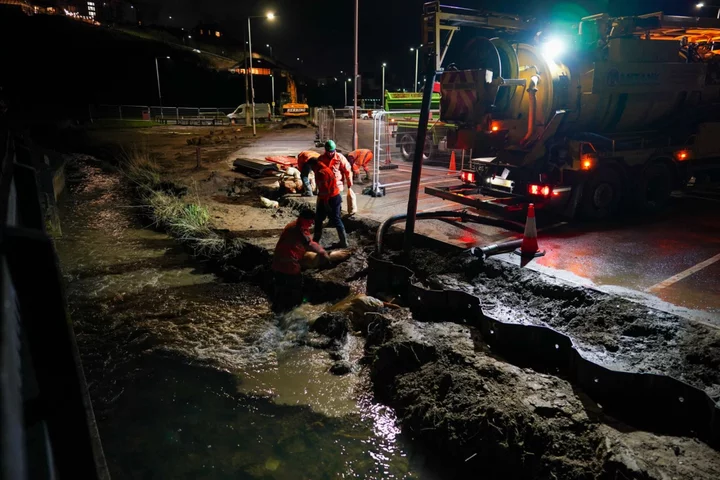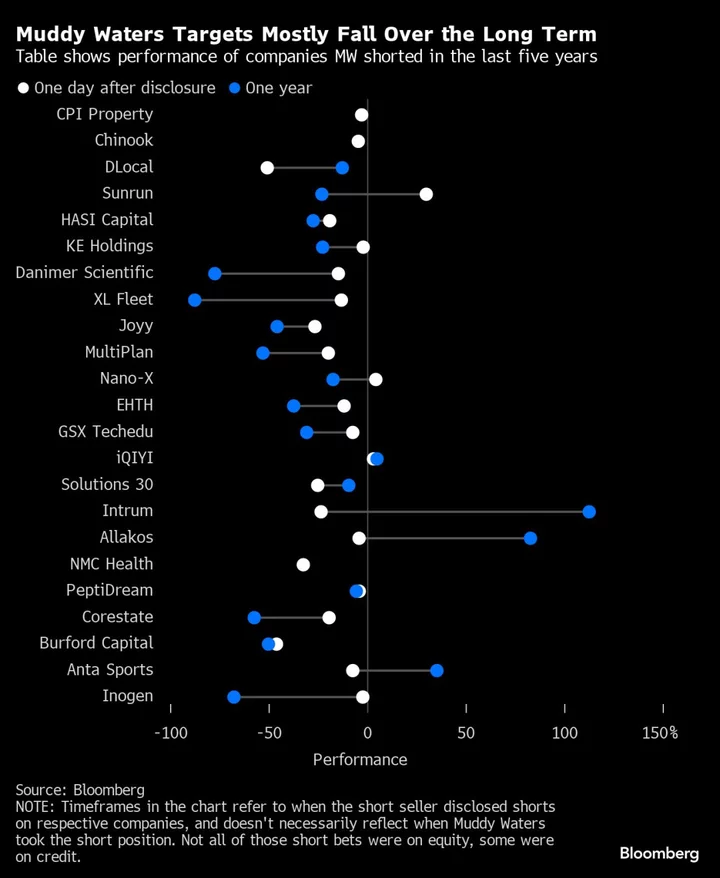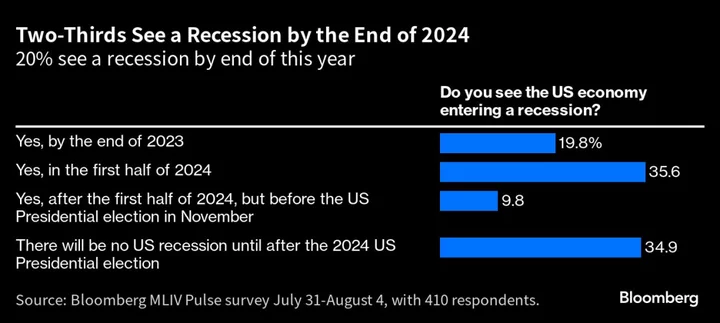UK water companies have publicly apologized and laid out a multi-billion pound modernization plan to curb the volume of sewage spilling into England’s rivers after months of public outcry.
The companies that operate the privatized industry said they would spend an additional £10 billion ($12.5 billion) by the end of the decade on upgrades intended to cut overflows, calling it the “biggest modernization of sewers since the Victorian era.” That’s more than triple the £3.1 billion already earmarked from 2020-2025. England’s water and sewage companies have also vowed to increase transparency via a new data hub and the publication of a company-by-company overflow plan.
Long an issue given the UK’s antiquated sewage infrastructure, the problem took on new urgency last summer when heavy rainfall after a period of drought led to large-scale — and particularly unpleasant — overflows. While discharges into local waterways are meant to be a measure of last resort, there are concerns that they have become more common. In 2022, 10 water and sewage companies within England released sewage into rivers and the sea on 301,091 occasions.
Read More: How Much Raw Sewage Is Dumped Around London? Read the Map
Water UK, which represents the water industry, said its planned investment will cut sewage overflows by up to 140,000 each year compared with 2020 levels if approved by regulators. The companies also pledged to support the rollout and protection of new swimming and recreational areas. Last summer, popular beaches in places like Sussex and Devon had to close when wastewater reached shorelines. Swimming or boating in water that contains human feces may put people at risk of developing gastrointestinal illnesses, as well as respiratory, skin, eye or ear infections.
“We are sorry. More should have been done to address the issue of spillages sooner and the public is right to be upset about the current quality of our rivers and beaches,” said Ruth Kelly, chair of Water UK.
Philip Dunne, a conservative member of Parliament and chair of the Environmental Audit Committee, called the scale of the planned investment “very welcome, albeit long overdue.”









